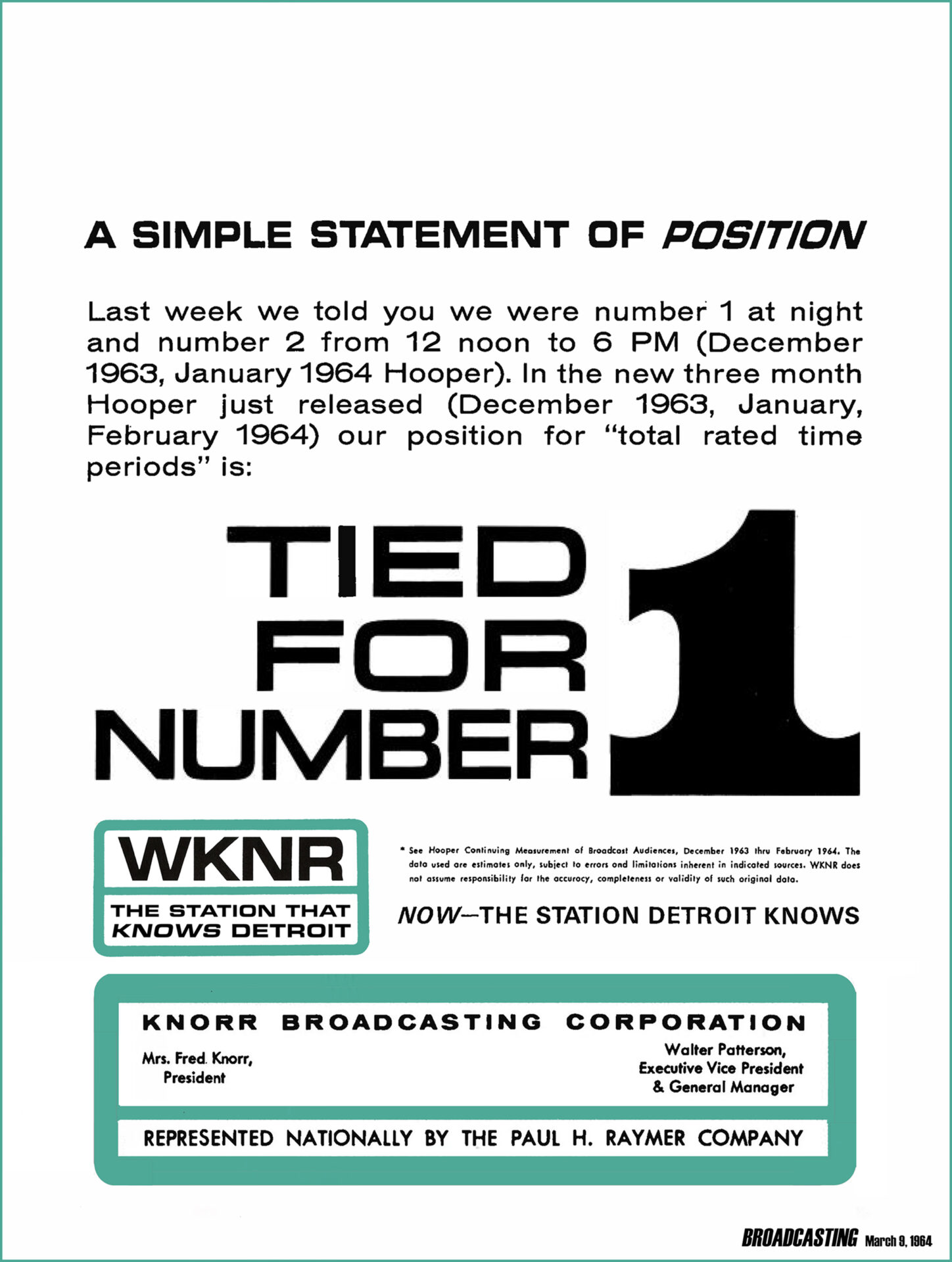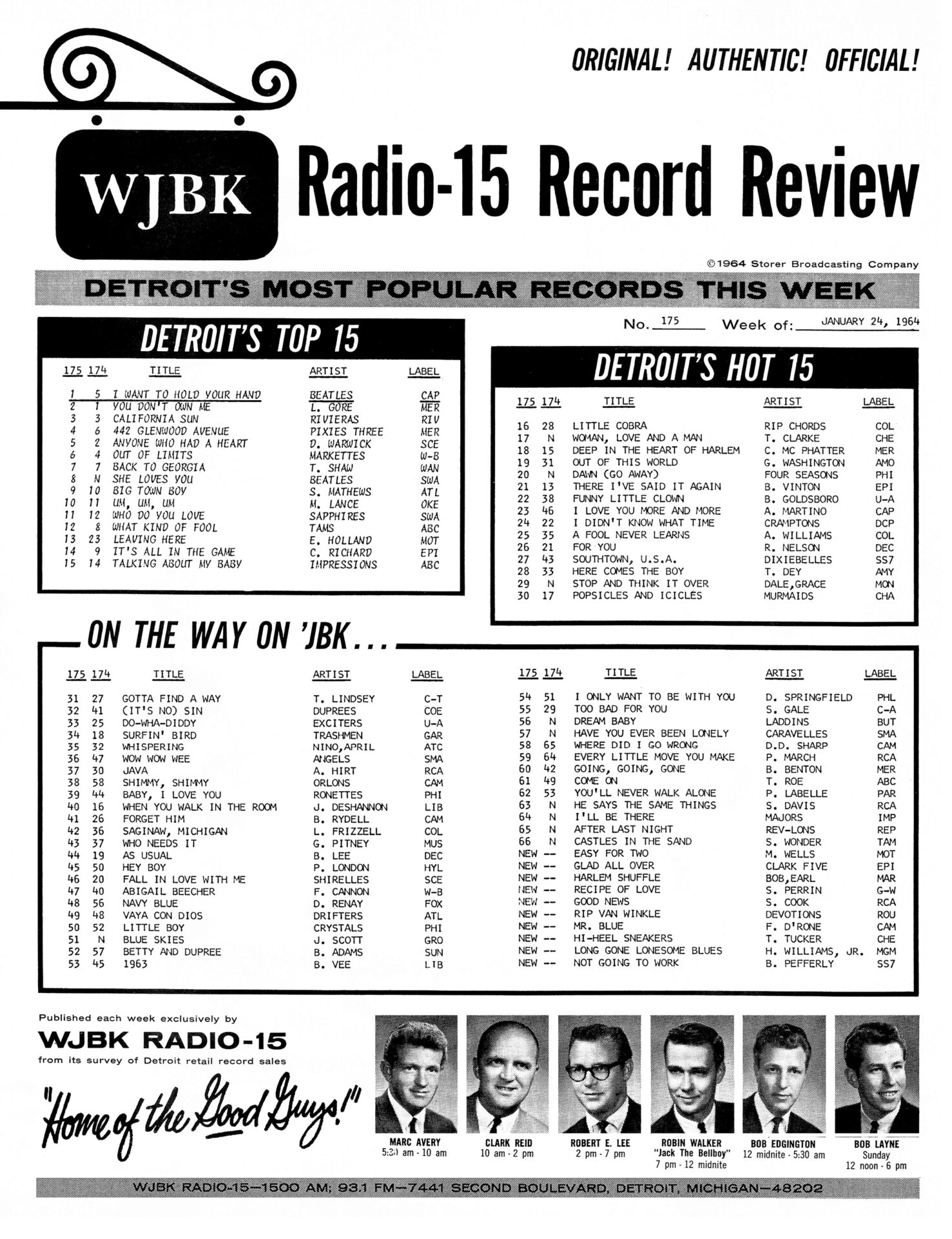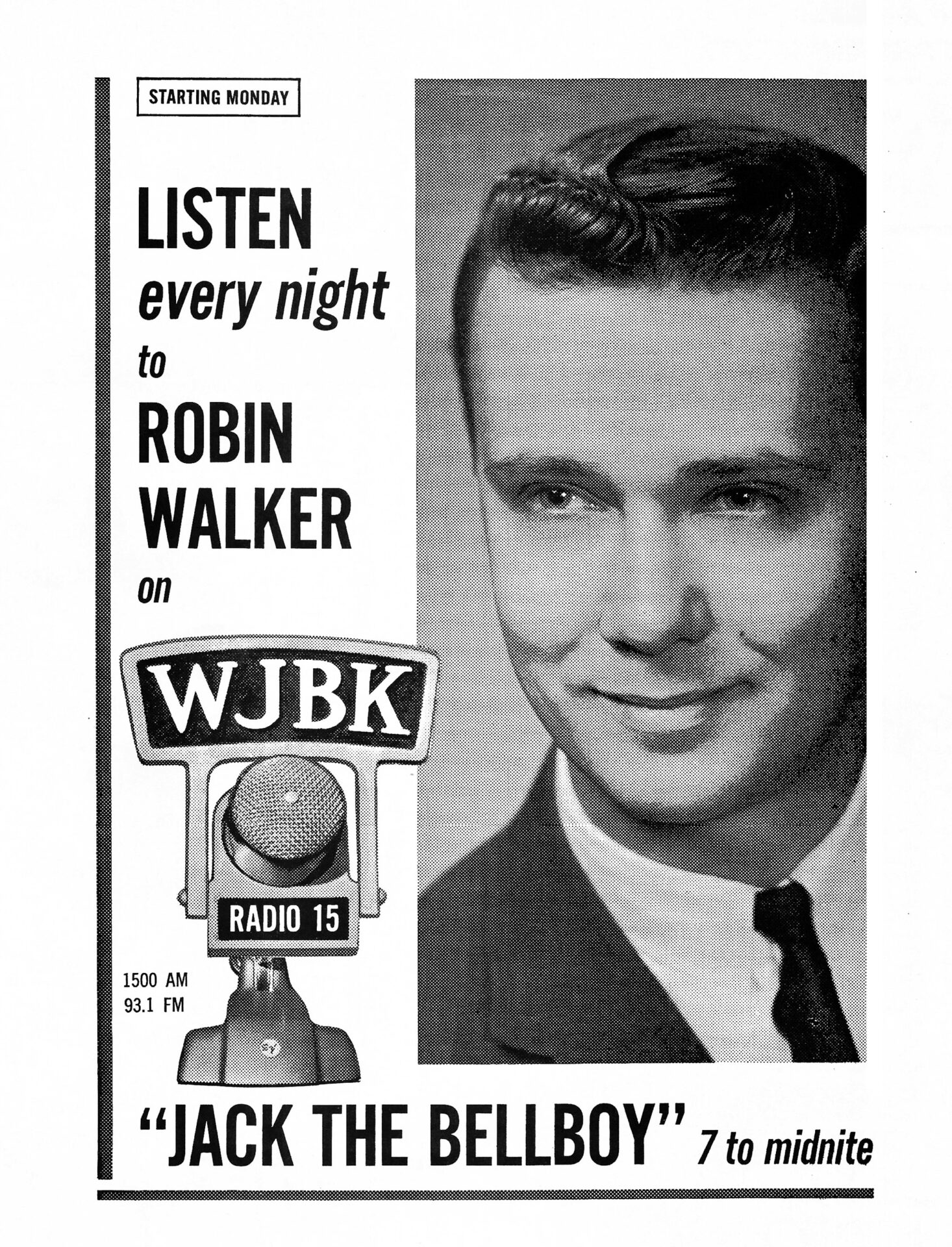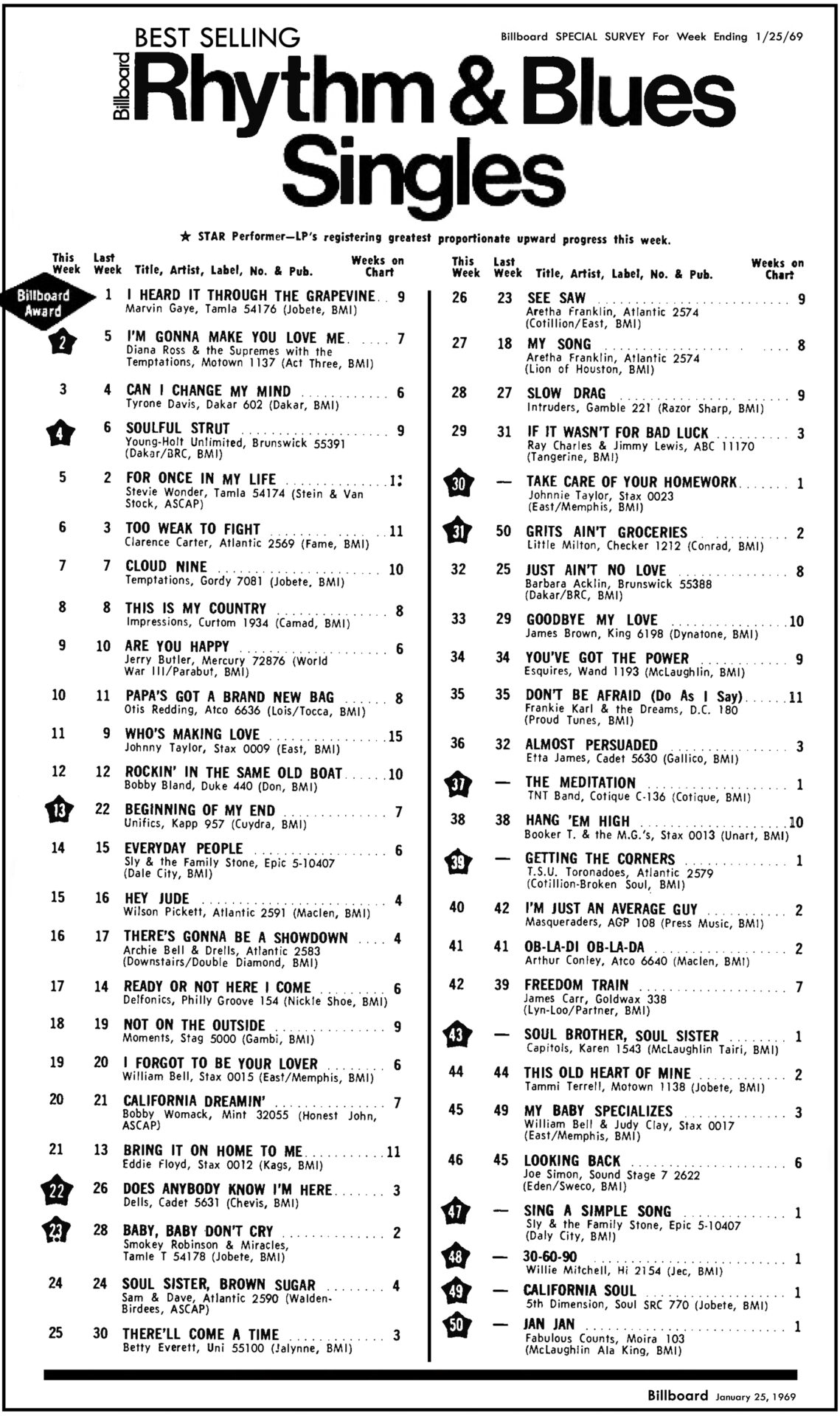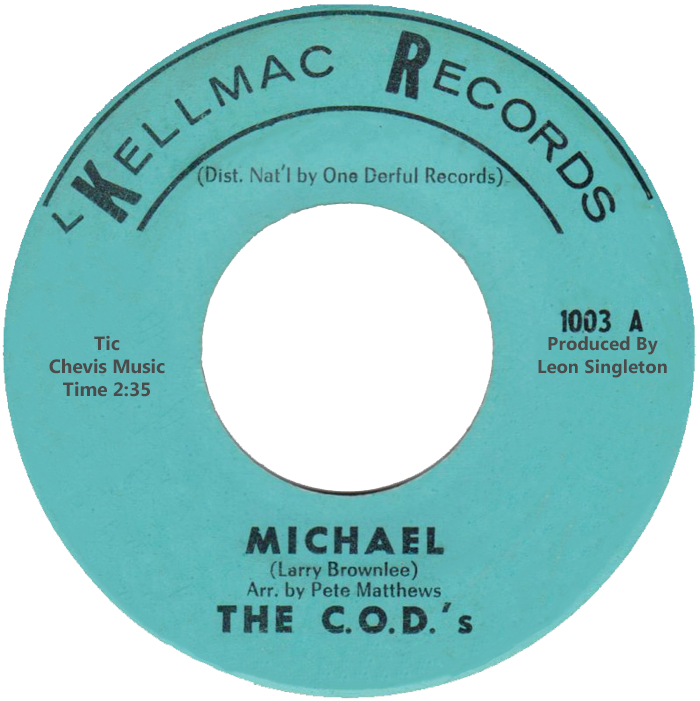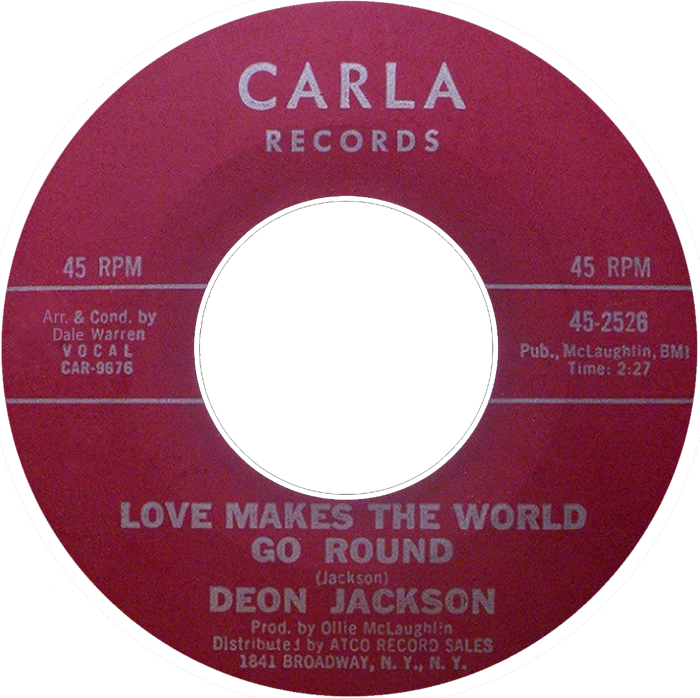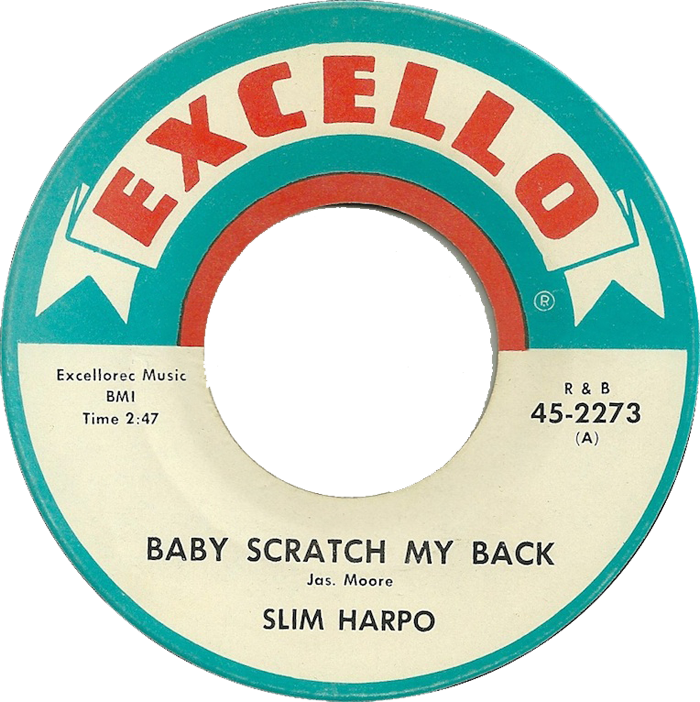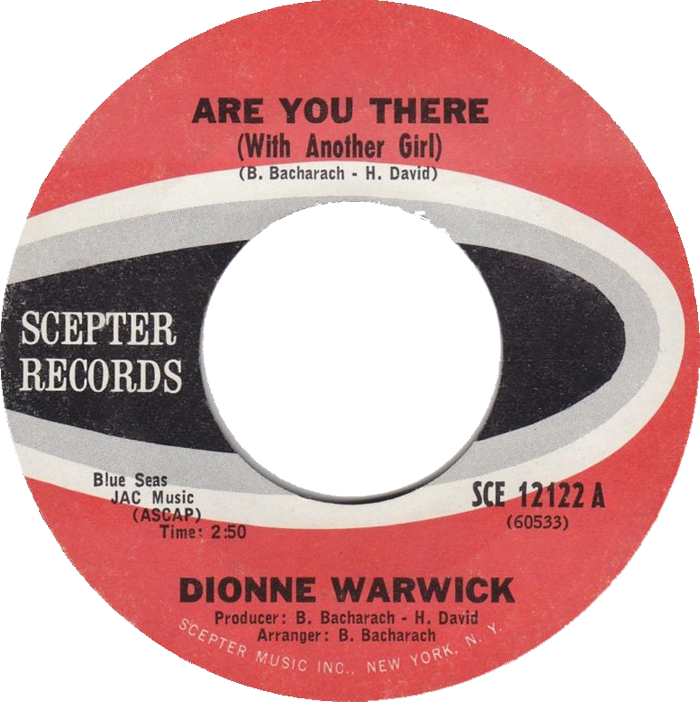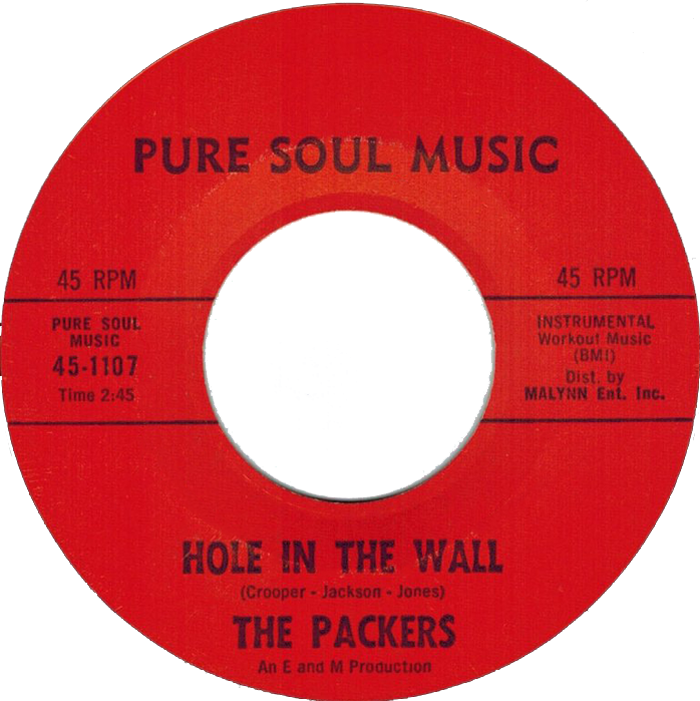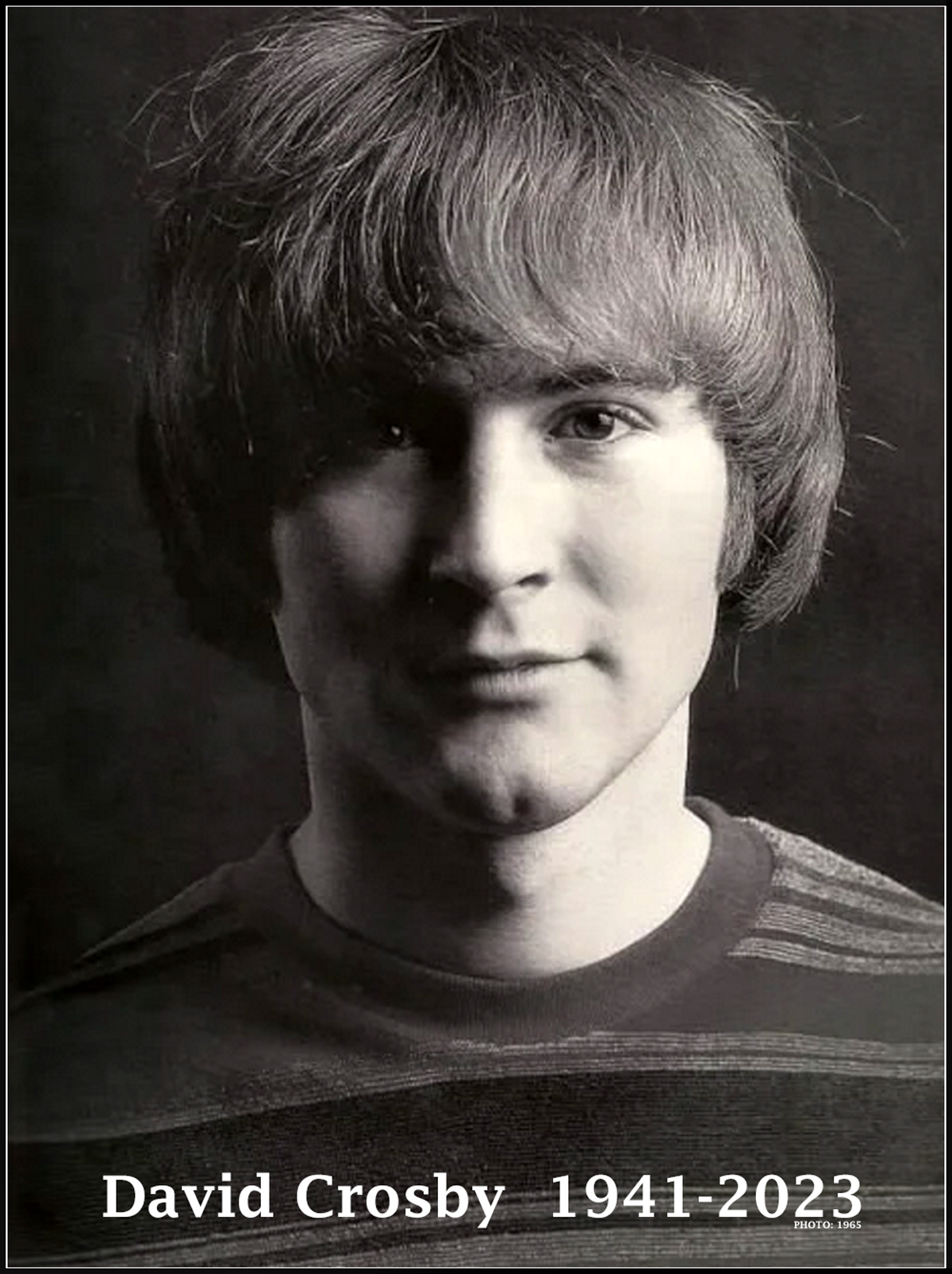 U.S. Recording labels Clash in Courts Over Claims to Beatles Recording Rights
U.S. Recording labels Clash in Courts Over Claims to Beatles Recording Rights
 NEW YORK — Vee Jay Records filed a motion in New York’s Supreme Court against both Capitol Records and Swan Records here Friday (January 17) seeking an injunction restraining the companies from manufacturing, distributing, advertising or otherwise of disposing of recordings by the Beatles.
NEW YORK — Vee Jay Records filed a motion in New York’s Supreme Court against both Capitol Records and Swan Records here Friday (January 17) seeking an injunction restraining the companies from manufacturing, distributing, advertising or otherwise of disposing of recordings by the Beatles.
The motion was brought before Judge Mullen in Supreme Court, who reserved decision of the case.
This case is of but one of many suits and countersuits being bandied about the courts over the sensational young singing group from Liverpool. END
_______________
Credit source information: Billboard, January 25, 1964
 |||||||||||||||||||||||||||||||||
|||||||||||||||||||||||||||||||||
 CHICAGO — The Beatles, the nation’s hottest recording property today, are becoming the object of the nation’s hottest lawsuits, at least as far as the record industry is concerned.
CHICAGO — The Beatles, the nation’s hottest recording property today, are becoming the object of the nation’s hottest lawsuits, at least as far as the record industry is concerned.
The rock-and-rolling English group has a series of singles and LP’s out on three labels — Capitol, Vee Jay and Swan. Each of the offerings is bounding up the national charts like Topsy.
And each is becoming involved in a series of suits and countersuits between the various recording companies involved.
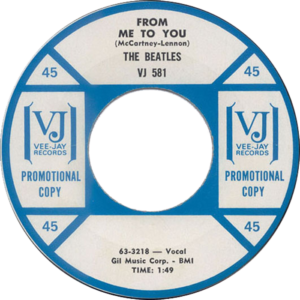 Most confused are the nation’s dealers and one-stops, many of whom have received telegrams from one or more of the parties. noting that appropriate legal action would be taken if they persisted in selling the other’s product.
Most confused are the nation’s dealers and one-stops, many of whom have received telegrams from one or more of the parties. noting that appropriate legal action would be taken if they persisted in selling the other’s product.
The matter is far from settled, but as of Billboard press time, Capitol was granted an injunction in Cook County Circuit Court (January 15) restraining Vee Jay from manufacturing, distributing, advertising or otherwise disposing of the Beatles’ recordings.
The Capitol injunction is good for 30 days and Vee Jay is slated to file an answer next Wednesday (January 22).
Vee Jay, meanwhile, has filed a suit seeking a similar injunction against Capitol and Swan, with a hearing slated for New York’s Supreme Court before Judge Saul Streit last Friday (January 17).
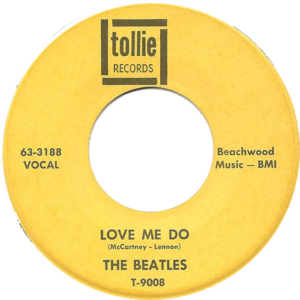 Under the Capitol injunction, “Vee Jay, its agents, attorneys and servants” are prevented from selling or advertising Beatles’ product.
Under the Capitol injunction, “Vee Jay, its agents, attorneys and servants” are prevented from selling or advertising Beatles’ product.
Presumably, and according to Vee Jay sources, the injunction does not apply against dealers, one-stops, rack jobbers and even distributors who might already have the records in stock.
According to Jay Lasker, Vee Jay executive vice-president, “we’ve shipped an awful lot of records, more than Capitol.”
Capitol attorney, Sidney Zatz, however, has indicated that “steps could he taken” against dealers who persisted in selling the Vee Jay product, though he did not specify what this would entail.
The product causing all the fuss is:
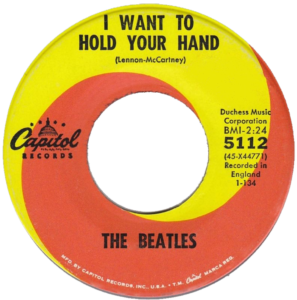 Capitol, “I Want To Hold Your Hand,” a single, No. 3 on Billboard’s Hot 100 this week, and “Meet The Beatles,” an LP.
Capitol, “I Want To Hold Your Hand,” a single, No. 3 on Billboard’s Hot 100 this week, and “Meet The Beatles,” an LP.
Vee Jay, “Please Please Me.” a single, and two LP’s, “Introducing The Beatles,” already distributed, and “The Beatles and Frank Ifield,” not yet shipped but waiting to go.
Swan, “She Loves You”, a single breaking into Billboard’s Hot 100 in position 69.
Neither Vee Jay nor Capitol is seeking damages as of this date, though a Capitol spokesman did not rule out the possibility of this taking place at a later date.
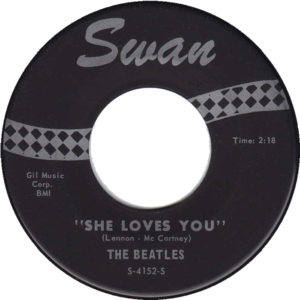 In its motion for injunction, Capitol claimed exclusive U. S. distribution rights to all recordings by the Beatles. The label accused Vee Jay of manufacturing and selling albums introducing the Beatles in violation of Capitol’s exclusive right.
In its motion for injunction, Capitol claimed exclusive U. S. distribution rights to all recordings by the Beatles. The label accused Vee Jay of manufacturing and selling albums introducing the Beatles in violation of Capitol’s exclusive right.
Capitol contended in its suit that Vee Jay’s rights to the Beatles’ recording were canceled last August.
The suit notes that initially Vee Jay was licensed by Trans Global, a New York firm licensed to distribute EMI product. EMI had the original Beatles’ contract.
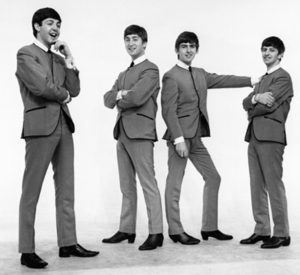
Capitol claims that Trans Global canceled its contract with Vee Jay August 8 because of non-payment of royalties. Trans Global allegedly relinquished its rights to EMI with the latter then turning them over to Capitol.
Vee Jay, meanwhile, contends that it has a five-year contract with the Beatles and that it is definitely not in default for failure to pay royalties.
Capitol’s suit notes that the label has spent 550,000 in extensive nationwide promotion of the Beatles’ recordings. END
_______________
Credit source information: Billboard, January 25, 1964
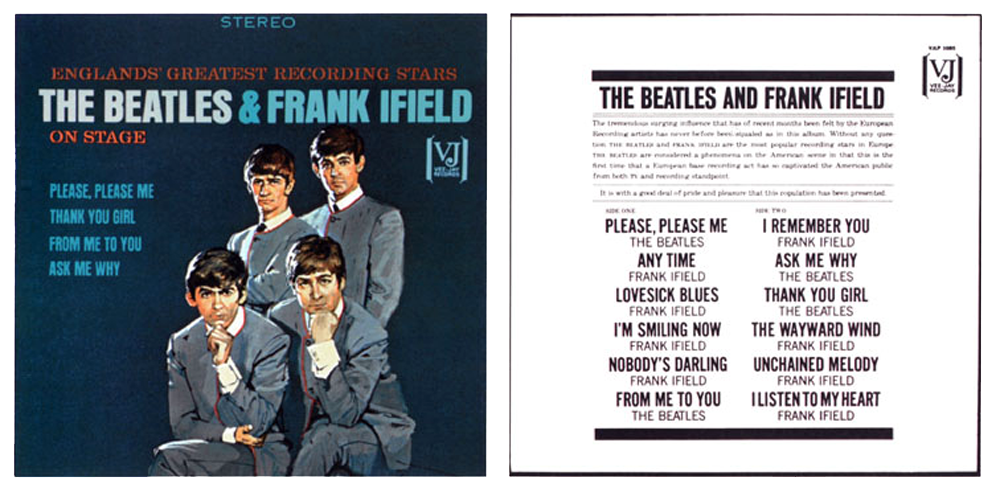

![]()

